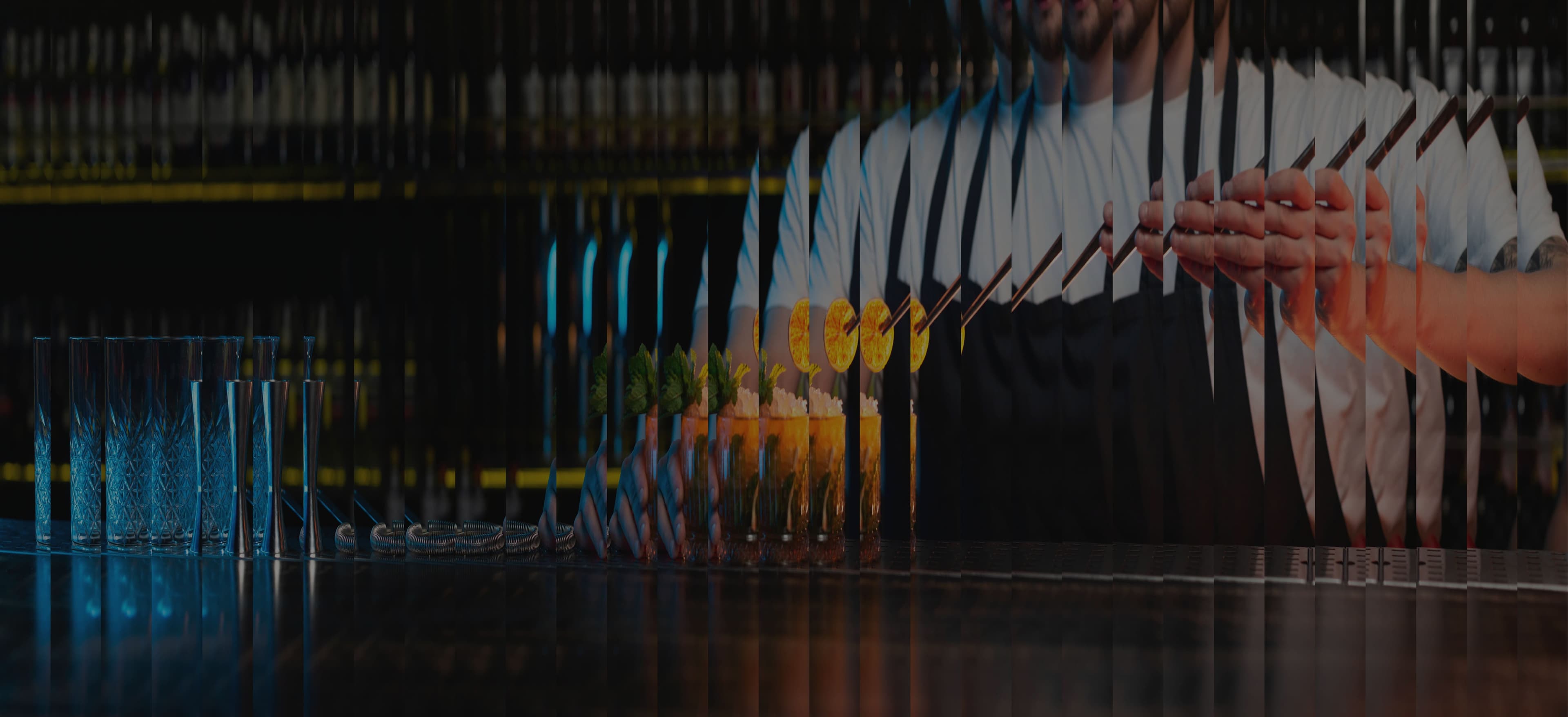


You must have heard people say, “Eat bread with alcohol, you won't get intoxicated,” or “Beer before alcohol can make you less drunk,” or some even worse. But are they all really true? We at unsobered believe in bringing you the most authentic information about all things alcohol, and today we are here to bust some drunk myths! Check them out.
Sweating does not at all bring in alcohol elimination or reduce blood alcohol concentration. This is because most of the alcohol is metabolised by the liver, and hence, the amount of alcohol eliminated through sweat is negligible. The U.S. National Institutes of Health states that less than 10% of absorbed alcohol is excreted in urine, sweat, and breath.
While drinking alcohol may create a warming sensation, it does so by dilating the blood vessels near the skin. This action, instead of keeping you warm, actually reduces your core body temperature.
Also Read: 10 Crazy Alcohol Laws Around the World You Won’t Believe Exist
Whoever told you this, ask them to get sober first because the sequence of the drinks has nothing to do with your intoxication levels. According to the U.S. Centers for Disease Control and Prevention (CDC) and other health organisations, the only key factor that affects it is the drinking pace and total intake.
Eating bread might slow down the intoxication onset, but it cannot stop alcohol from getting into your bloodstream. This is because, at the end of the day, whatever you drink is absorbed and processed by the liver.
.jpg&w=1920&q=75)
Alcohol is a depressant while coffee is a stimulant, so coffee can make you feel alert and mask the feeling of drunkenness for some time, but cannot shoo it away completely. Coffee does not sober you up; only time can.
Mixing different types of alcohol, like gin, vodka, beer, whiskey, or anything else, does not at all get you drunker. After all, only the pace at which you drink and the total intake are the reasons you get drunk in the first place.
No matter how much you eat before consuming alcohol, if you drink more than you should, you will get drunk. No protein, fiber, carbohydrates, or fat in your meal can help you get less drunk.
Also Read: BYOB (Bring Your Own BFF): Fun Drinking Games for Every Type of Friend
Yes, alcohol can make you feel sleepy and might make you fall asleep faster, but it disrupts the quality of your sleep. As per the National Sleep Foundation, alcohol causes fragmented sleep, which leads to waking up late the next day, which is considered to be less restful sleep.
.jpg&w=1920&q=75)
There are numerous misconceptions about the effects of alcohol on a person’s mind and body, which is why these myths continue to persist in society. So the best way is to drink within your limits, have a better understanding of what affects your body, and do not rely on such myths.